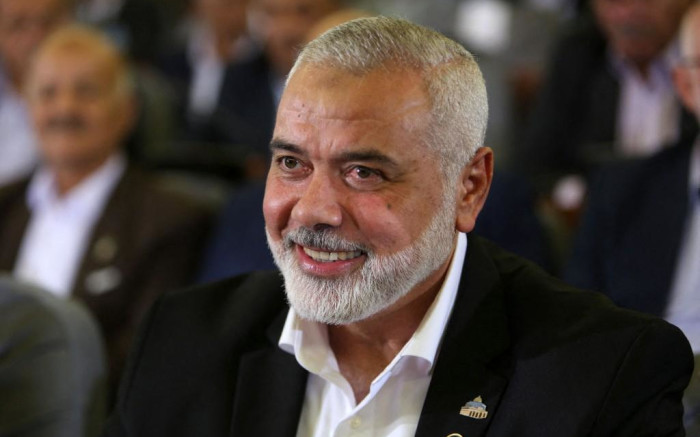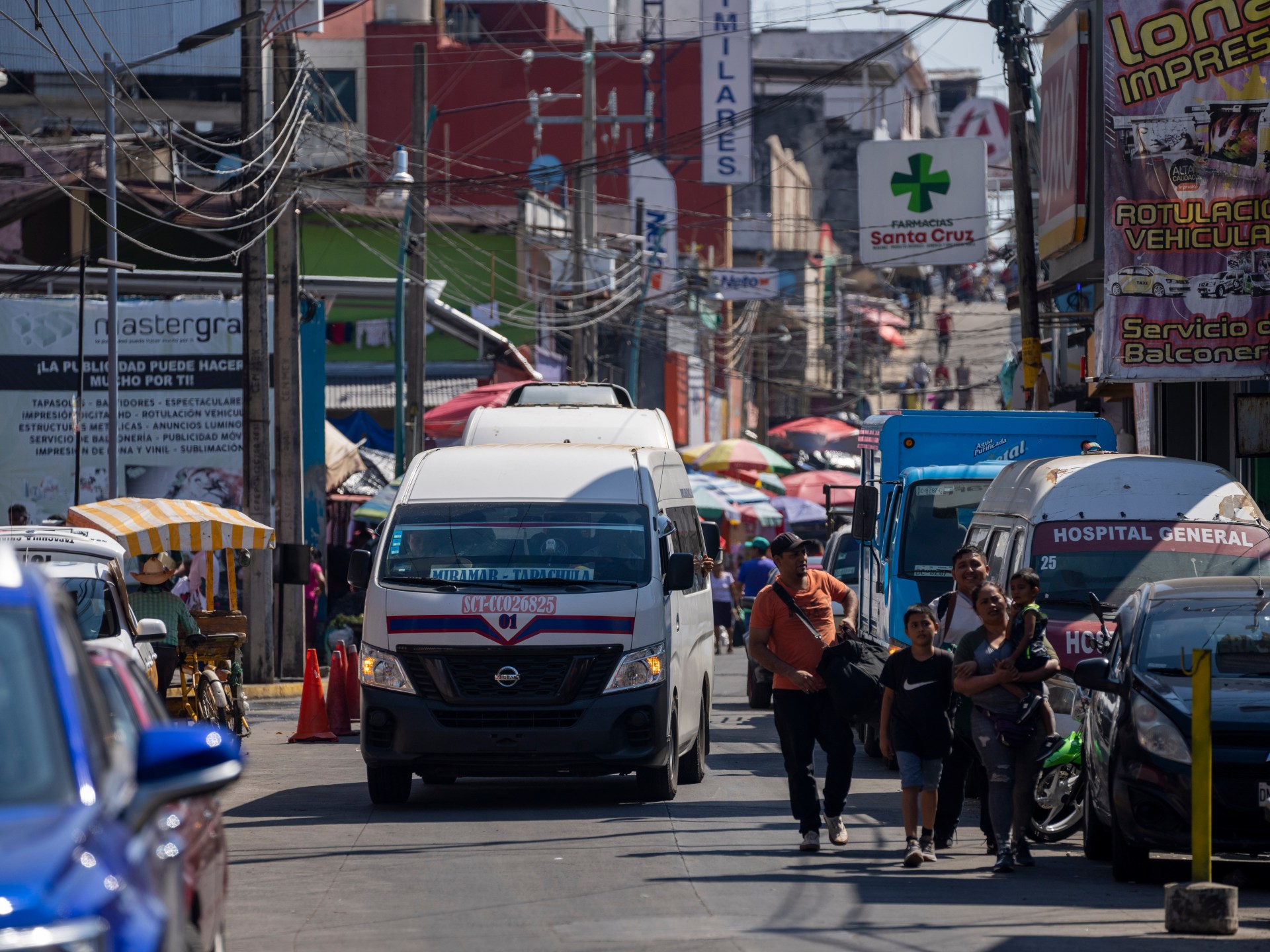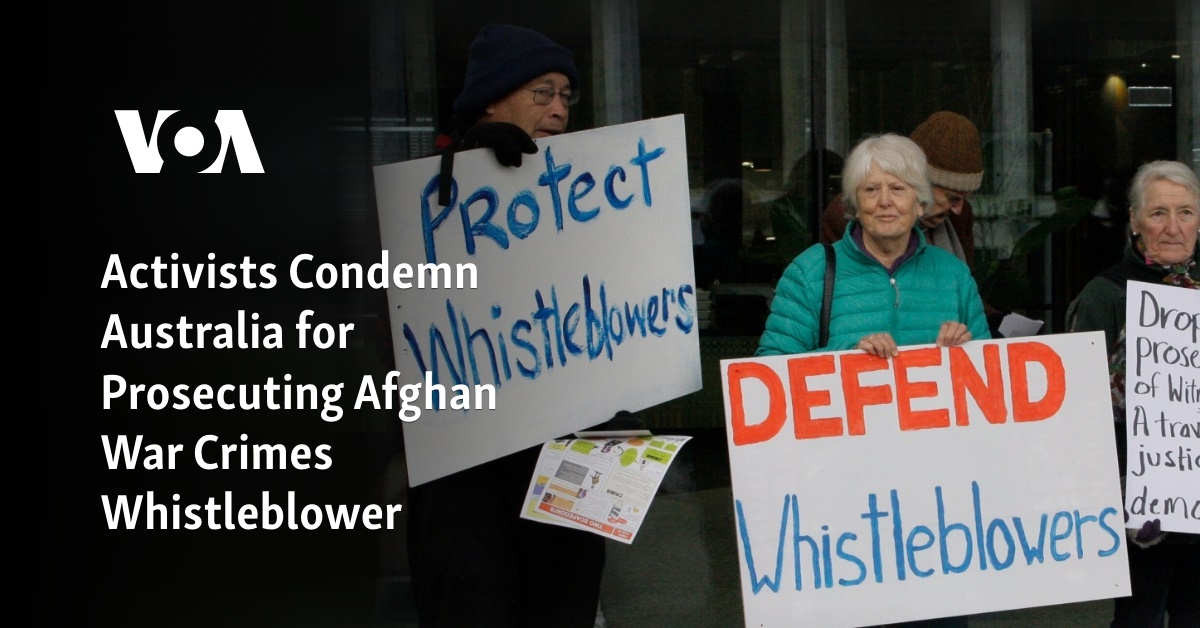
International pressure is increasing for a new ceasefire that could increase aid to the besieged Palestinian territory. The United Nations will vote on calling for a ceasefire.
Hamas leader Ismail Haniyeh. Image: NurPhoto via AFP
JERUSALEM – The Hamas chief was due to be in Egypt for talks on a ceasefire in Gaza on Wednesday after Israel said it was willing to agree to another pause in exchange for more hostages.
International pressure is increasing for a new ceasefire that could increase aid to the besieged Palestinian territory. The United Nations will vote on calling for a ceasefire.
Hamas sources said on Wednesday that at least 11 people were killed in Israeli strikes across the Gaza Strip overnight.
Qatar-based Hamas leader Ismail Haniyeh was expected to lead a “high-level” delegation to Egypt to meet with the country’s intelligence chief and others about “ending the aggression and war and preparing an agreement to release prisoners “, a source said. A member of the group told AFP.
Israel’s leadership is facing increasing calls to secure the release of 129 hostages it says are being held in the Gaza Strip and signaled Tuesday its willingness to return to the negotiating table with Hamas.
Israeli President Issac Herzog said his country was “ready for a further humanitarian pause and additional humanitarian assistance to enable the release of hostages.”
Israeli Prime Minister Benjamin Netanyahu said he recently sent his intelligence chief on two trips to Europe to “free our hostages.”
Meanwhile, the Palestinian militant group Islamic Jihad released video footage on Tuesday that allegedly showed two live hostages in its custody in the Gaza Strip, increasing pressure on Israel.
The US news site Axios reported on Monday that David Barnea, head of the Israeli intelligence agency Mossad, met in Europe with Qatari Prime Minister Sheikh Mohammed bin Abdulrahman Al Thani and CIA Director Bill Burns to discuss a possible new deal to release hostages to discuss.
Axios also reported Tuesday that Israel has offered to suspend fighting in Gaza for at least a week in exchange for more than three dozen hostages held by Hamas.
The war began when Hamas militants broke out of Gaza on October 7, killing about 1,140 people in Israel, mostly civilians, and kidnapping about 250, according to the latest Israeli figures.
Promising to destroy Hamas, Israel launched a ground offensive as well as a bombing campaign that killed 19,667 people, mostly women and children, in the Gaza Strip, according to the Hamas-run Health Ministry.
Qatar, with support from Egypt and the United States, helped broker a week-long ceasefire and hostage-prisoner exchange in November in which 80 Israeli hostages were released in exchange for 240 Palestinian prisoners.
‘ON THE EDGE’
The UN Security Council was due to vote on Wednesday on a resolution calling for a pause in the conflict, three diplomatic sources told AFP, after two previous votes were delayed as members argued over the wording.
The latest version of the text called for a “suspendion” of hostilities, the sources said.
The U.S. vetoed an earlier ceasefire resolution in the council, prompting condemnation from Palestinian and humanitarian groups who called for more action to support civilians affected by the conflict.
The United Nations estimates that 1.9 million of Gaza’s 2.4 million residents have been displaced, and concerns are growing about aid agencies’ limited ability to help.
“Amid displacement of unimaginable levels and active hostilities, the humanitarian response system is on the brink,” said Tor Wennesland, UN Special Coordinator for the Middle East Peace Process.
Young people in the Gaza Strip are facing a dangerous winter. The UN Children’s Fund warns that “the number of children dying from disease could exceed the number of children killed by bombing.”
One of the last remaining hospitals in the northern Gaza Strip, Al-Ahli, ceased operations after it was stormed and “taken out of action” by Israeli forces, its director Fadel Naim told AFP.
Homes were destroyed and many were forced to live in overcrowded shelters as they struggled to find fuel, food, water and medical care.
With power and communications frequently cut off, Gazans are returning to old traditions, including using battery-operated radios to receive news of the war.
“Here in Gaza we are moving backwards,” said Salah Zorob, 37, outside his tent. “They will take us back to the Stone Age.”
“DISMANGE HAMAS”
Israeli military spokesman Daniel Hagari said on Tuesday that troops were expanding operations in the southern Gaza Strip Khan Yunis.
“We have to dismantle Hamas, and it will take as long as necessary,” he said.
The army said one soldier was killed on Tuesday, bringing the death toll in the Gaza Strip to 133 since ground operations began in late October.
Hundreds of Palestinians have been arrested in military operations across the territory, and on Tuesday the army said it was investigating “the deaths of terrorists in military prisons,” without giving details.
The US has called on Israel to protect civilians in Gaza, a call reiterated on Tuesday by British Foreign Secretary David Cameron, who called on Israel to take a “much more surgical, clinical and targeted approach” in dealing with Hamas.
RED SEA TASK FORCE
The Gaza war has raised fears of regional escalation and led to Israel engaging in deadly cross-border firefights with Iranian-backed Hezbollah fighters in southern Lebanon.
The Israeli army said it attacked Hezbollah positions on Tuesday after absorbing fire near the border that injured two reservists.
Yemen’s Houthi rebels, meanwhile, have repeatedly fired rockets and drones at cargo ships in the Red Sea in what they say is a show of support for the Palestinians.
Major shipping companies have rerouted their ships in response, and the United States announced Monday a new multinational naval task force to protect the waterways that carry 12 percent of global trade.
In its current form, the task force includes warships from the United States as well as Great Britain, Canada, France, Italy, the Netherlands, Norway and other countries.
On Tuesday, Washington pushed to expand the initiative, with Defense Secretary Lloyd Austin telling a virtual meeting with 43 countries, the EU and NATO that the attacks “threaten free trade.”
A senior Houthi official later said that any country that moves against the rebels “will have their ships attacked in the Red Sea.”






Recent Comments